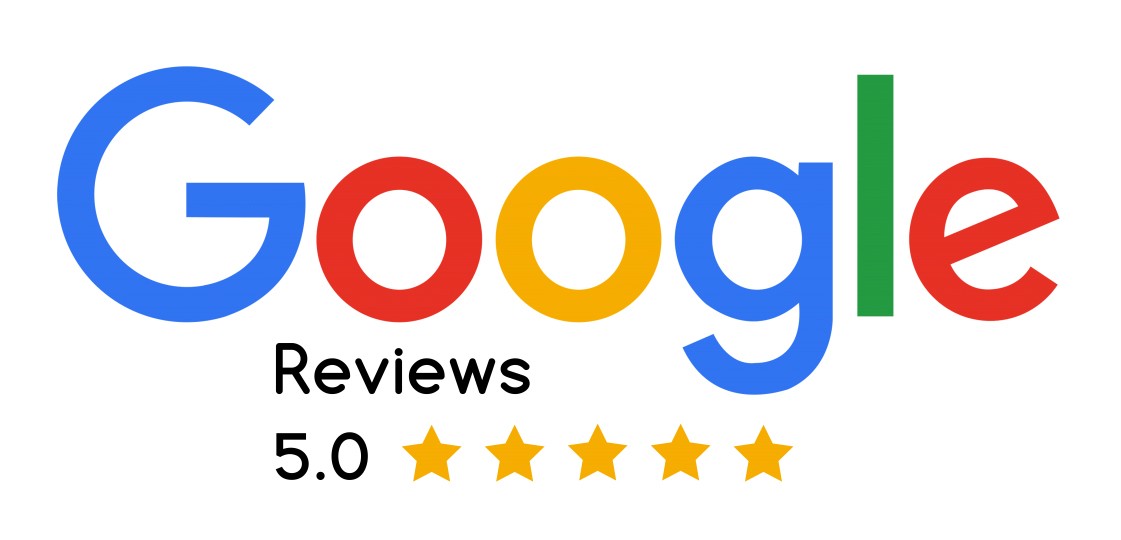I have always thought of SEO as optimizing your content, both on-site and off-site, so that it ranks at the top of the search engines. Promoting your content or site should never be a crime in the eyes of Comprar avaliações Google or any search engine for that matter.
Years ago, before I even knew what SEO was, I wrote an article and submitted it to the major online article directories. Next morning my article and links were on a thousand sites across the web, that may be a bit of an exaggeration but you get the picture. How can Google or anyone fault webmasters for voting on the quality of your content by placing it on their sites?
Same thing happens when your visitors bookmark, tweet or digg your content and you end up on the homepage of Digg with hundreds of sites linking to your content. How can Google fault you for that happening?
Democracy happens. SEO happens.
But not without a lot of promotion and marketing to get the wheels rolling. If you want to sit around and wait for things to happen, buy a big soft cushion and some extra patience at the check-out counter because you’re going to need it.
Any business has the right to advertise, to aggressively market their products. How can Google fault any company for doing such a thing? Now outright buying of thousands of links to get your site to the top should be wrong but presenting quality link bait in the form of articles, videos, ebooks, press releases, quality information… and letting webmasters decide what content and sites they want to link to should be at the heart of all this foolishness.
SEO is knowing how to fine-tune your link bait and your site to reach the top spot in organic search.
But is Google cracking down on webmasters who actively pursue this kind of link building? On webmasters who try to get those embedded anchor text links on important relevant sites? Are they trying to give SEO a bad name? Like that’s even possible!
Over the years, my sites have held some very profitable keywords on the first page results in organic search, mostly in Google. That’s mainly because I optimize my content and web pages to rank well in Google. I have been quietly Google Sculpting for years, controlling what links I want on their first page results.
Actually, ranking well in Google is not rocket science and any idiot can do it; all it takes is good quality content and plenty of good quality backlinks to that content. Anchor text (underlined clickable part of an URL) is extremely important for ranking high in Google but you have to be careful to vary your keywords because many SEO experts believe Google has a keyword quota — use the same keyword too often and your content will be penalized for keyword and/or URL spamming. Makes sense.
Actually, I have been studying and analyzing Google since it was merely an itch on someone’s back. And it seems like I have been constantly rubbing that ever changing Algorithm ever since. Generally, it has paid off handsomely for me and I have been a full-time professional search engine marketer for 3 or 4 years now.
I am rarely stumped by Google but it does happen occasionally. And recently my SEO alter ego took a massive beating, some kind of filter has taken one of my main keyword phrases off the first page of Google and landed it in the 60th place. Ouch!
What is even compounding the problem, this keyword phrase sometimes bounces back onto the first page and then back off again. This is not like Google, they are never erratic unless it’s one of their dances or a major update when all hell usually breaks loose. For the most part, my keywords in Google have been fairly stable, if they drop, they drop slowly and because I have stopped promoting them. Years of monitoring your keywords tells you something very different is happening here in this case.


